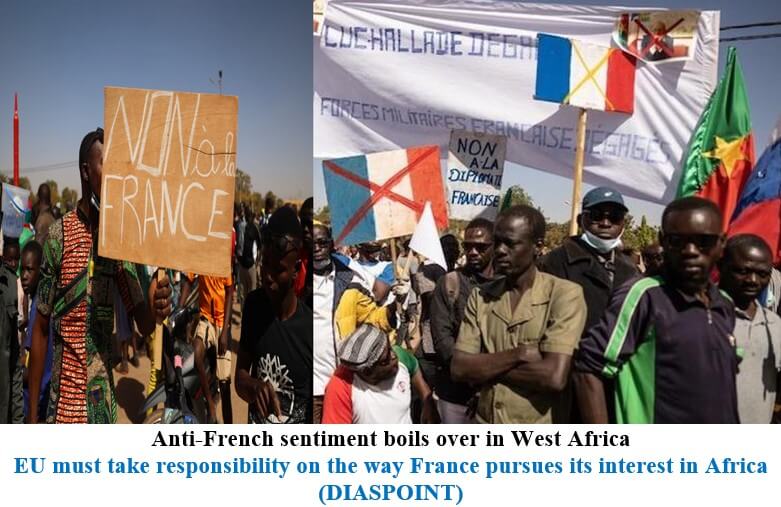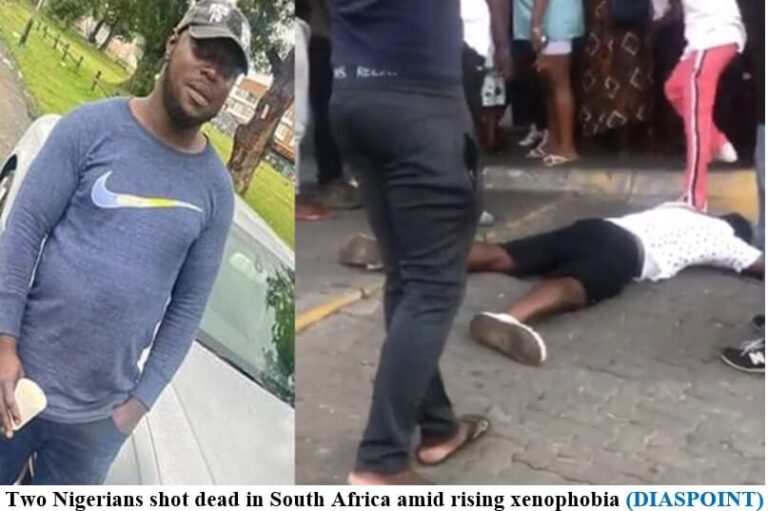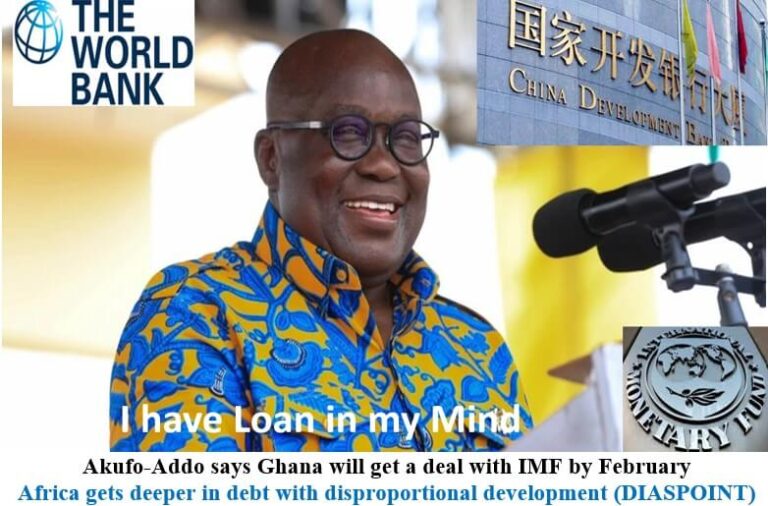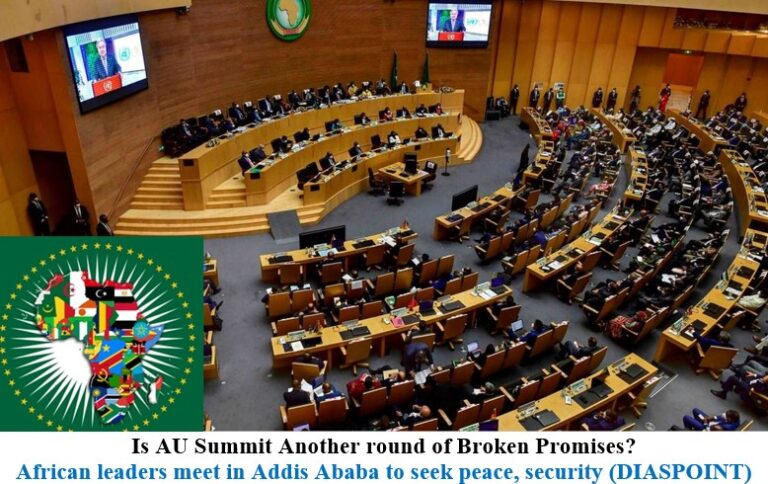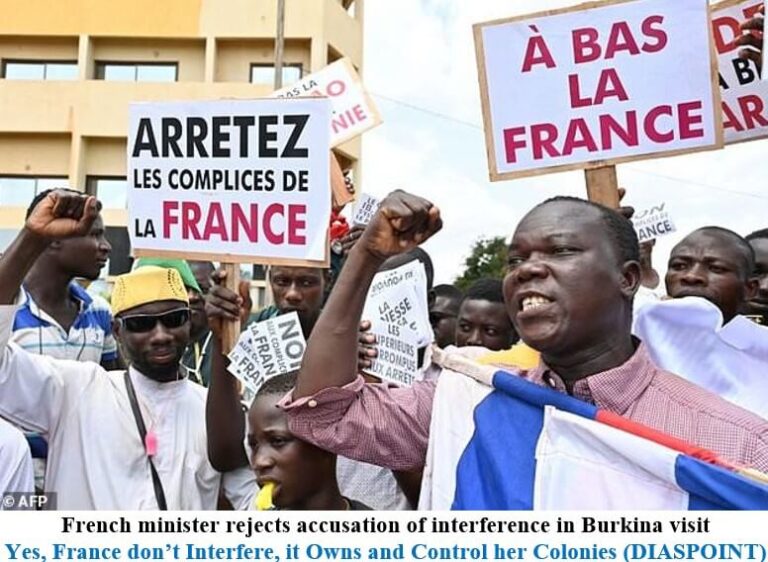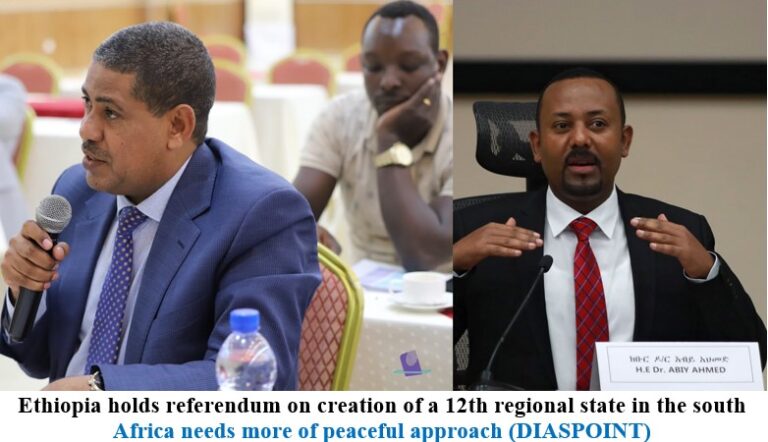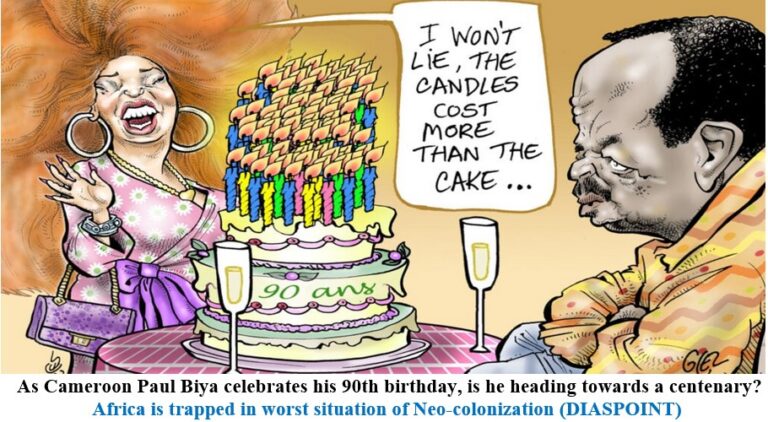Anti-French sentiment boils over in West Africa
French flags were set ablaze in the streets of Ouagadougou as hundreds of citizens of the West African nation of Burkina Faso gathered in the capital city over the weekend. Many carried placards with the message: “French army, get out!”
Anti-French sentiment has been soaring here, fed by the failure of the French military in the region to protect citizens from jihadist attacks as outlined in a bilateral accord.
Burkina Faso, a landlocked country famously known for leading in African art culture and hosting the largest craft market in Africa, has been overrun by extremist groups loosely affiliated with al-Qaida and the Islamic State that have spread in recent years from neighboring Mali and Guinea, where they made incursions about a decade ago.
Last week, the Burkinabe government ripped up the five-year-old accord that governed the presence of French armed forces on African territory. The French soldiers were given a month to fully pull out and close the French base.
Mohamed Sinon, one of the main leaders of the protestors, said they supported Burkina’s junta Capt. Ibrahim Traoré and the security forces, including the Wagner Group of Russian fighters who have been fighting jihadists in the arid areas of the North.
“We want cooperation between Burkina Faso and Russia, but also the strengthening of friendship and of cooperation with Guinea and Mali,” Sinon said.
France has some 400 special forces based in Burkina Faso tasked with helping local forces battle the Islamist insurgency that has spread across the Sahel from Mali over the past decade.
According to local Burkinabes, the French have done little to stem rising jihadist activity that resulted in thousands killed and more than 2 million displaced—about 10% of the population. The violence has worsened regional food insecurity.
This month, some 60 women and girls, including four babies, were abducted while searching for food in an area blockaded by insurgents. On Friday, the military said the captives had been freed.
In the country’s North, where the women were abducted, the jihadist groups have prevented trucks carrying food from using roads, forcing residents to venture farther out to get supplies to avoid going hungry.
Since becoming the country’s leader, Traoré has said his goal is to recover territories lost to armed groups.
Until the recent unrest in the country, Burkina Faso was renowned for its music and its intellectuals, among them Joseph Ki Zerbo, a Burkinabé scholar, historian and writer, recognized as one of Africa’s foremost thinkers in teaching African history at the University of Ouagadougou.
Other scholars include Malidoma Patrice Somé, an interpreter of African spirituality, and filmmakers Sarah Bouyain and Fanta Régina Nacro. The best-known in the U.S. is Thomas Sankara, a pan-Africanist and Marxist revolutionary who launched programs for social, ecological, and economic change. He was assassinated in 1987 by troops led by Blaise Compaore. Source: Amsterdam News

